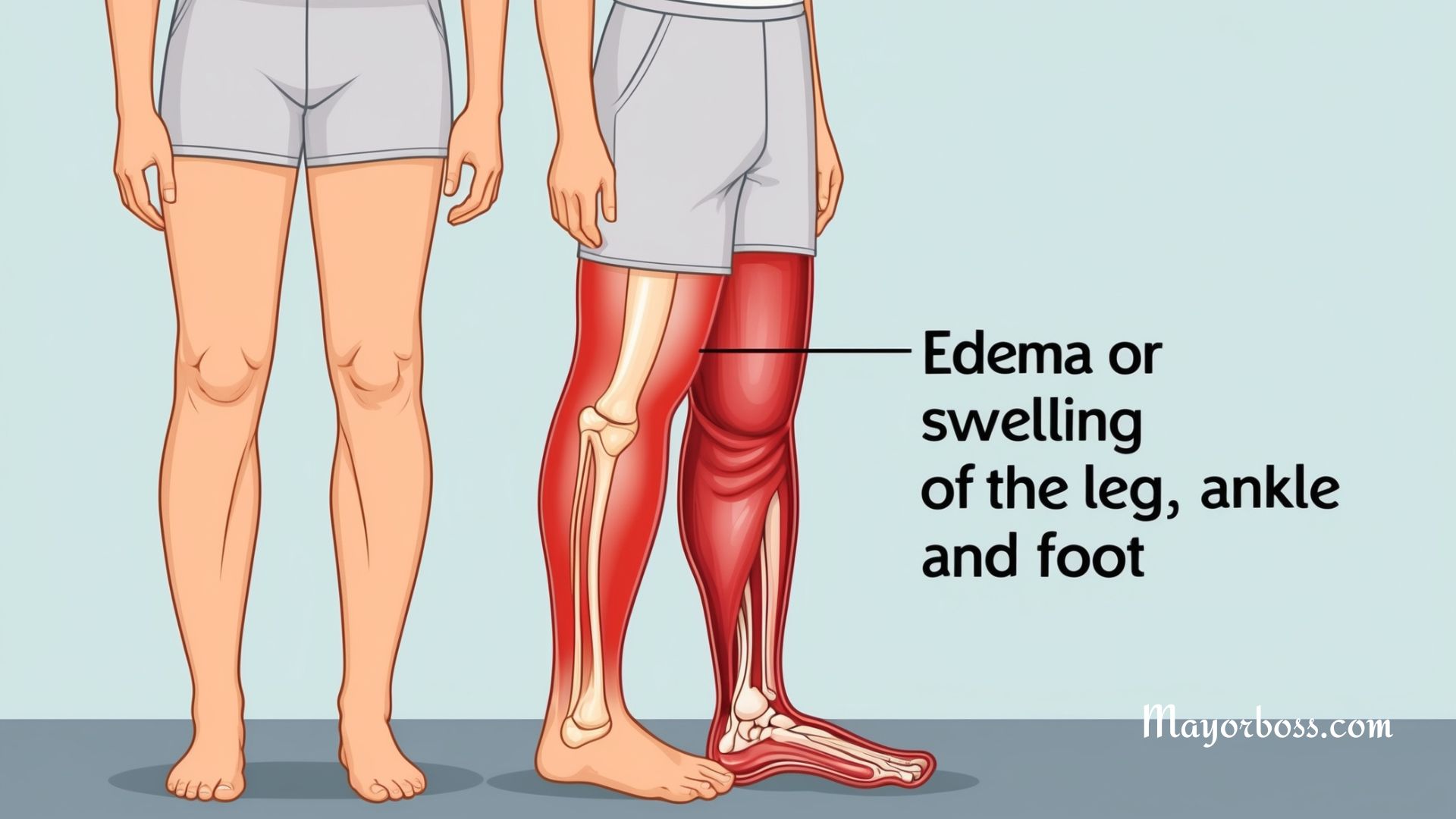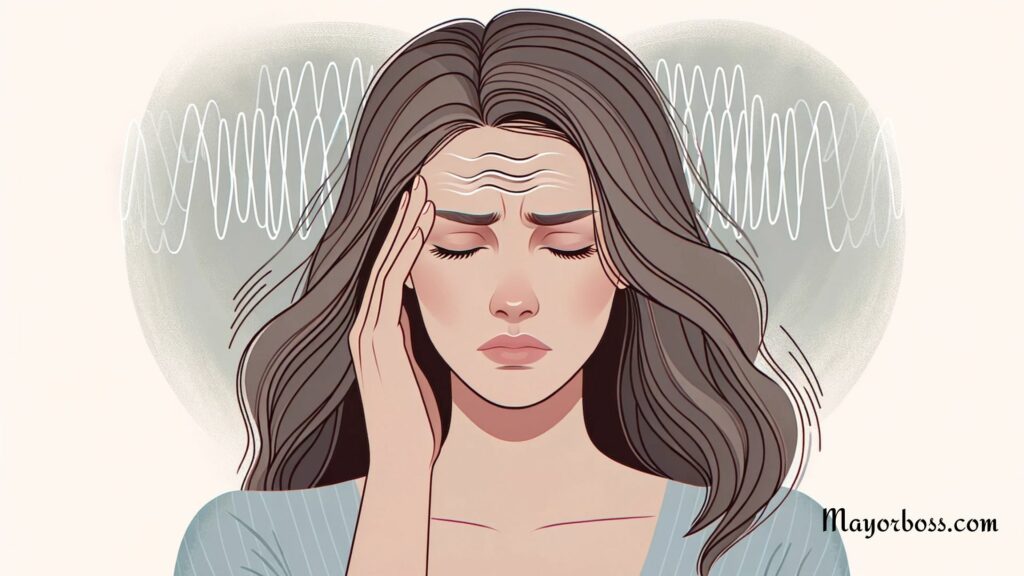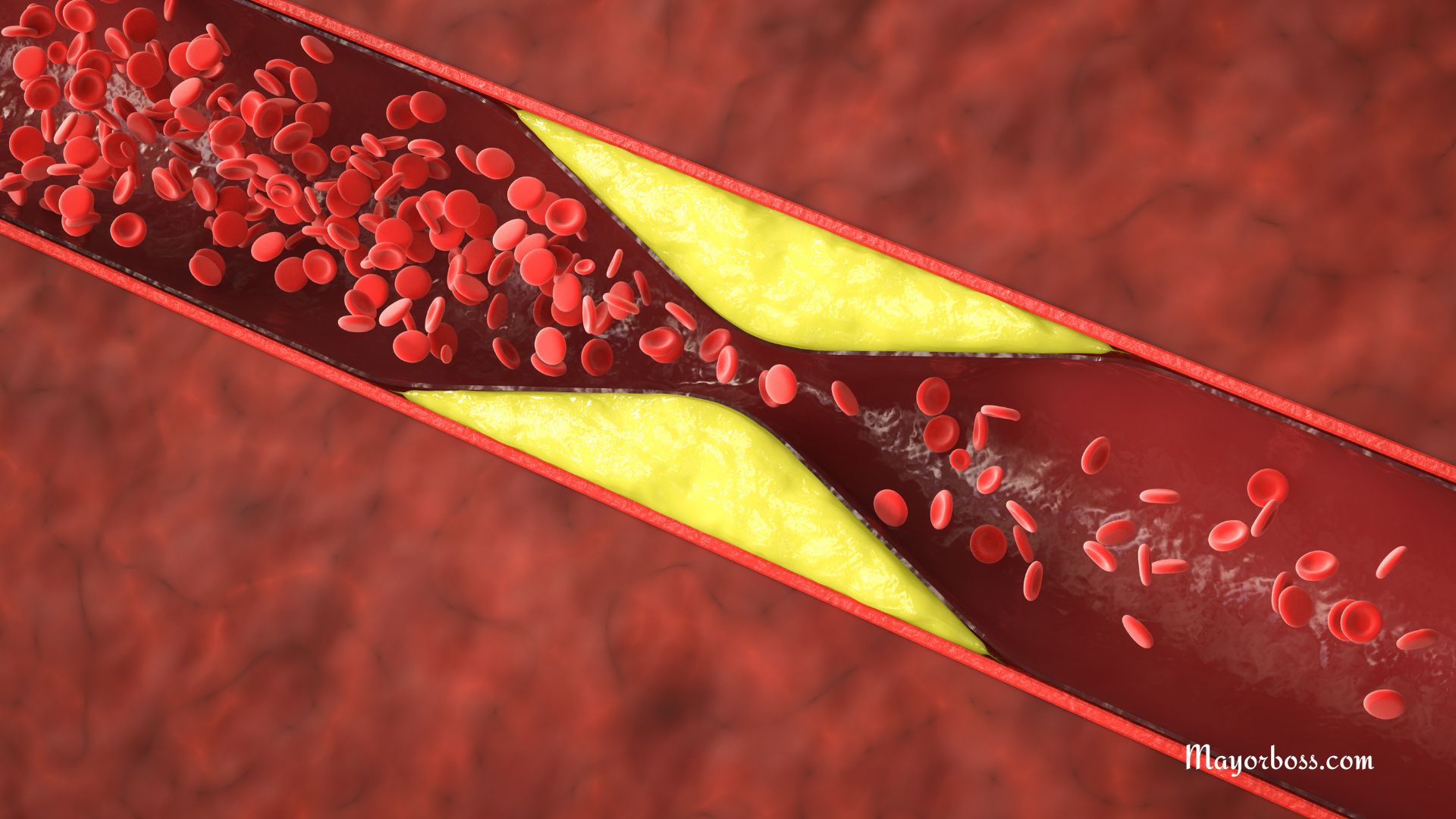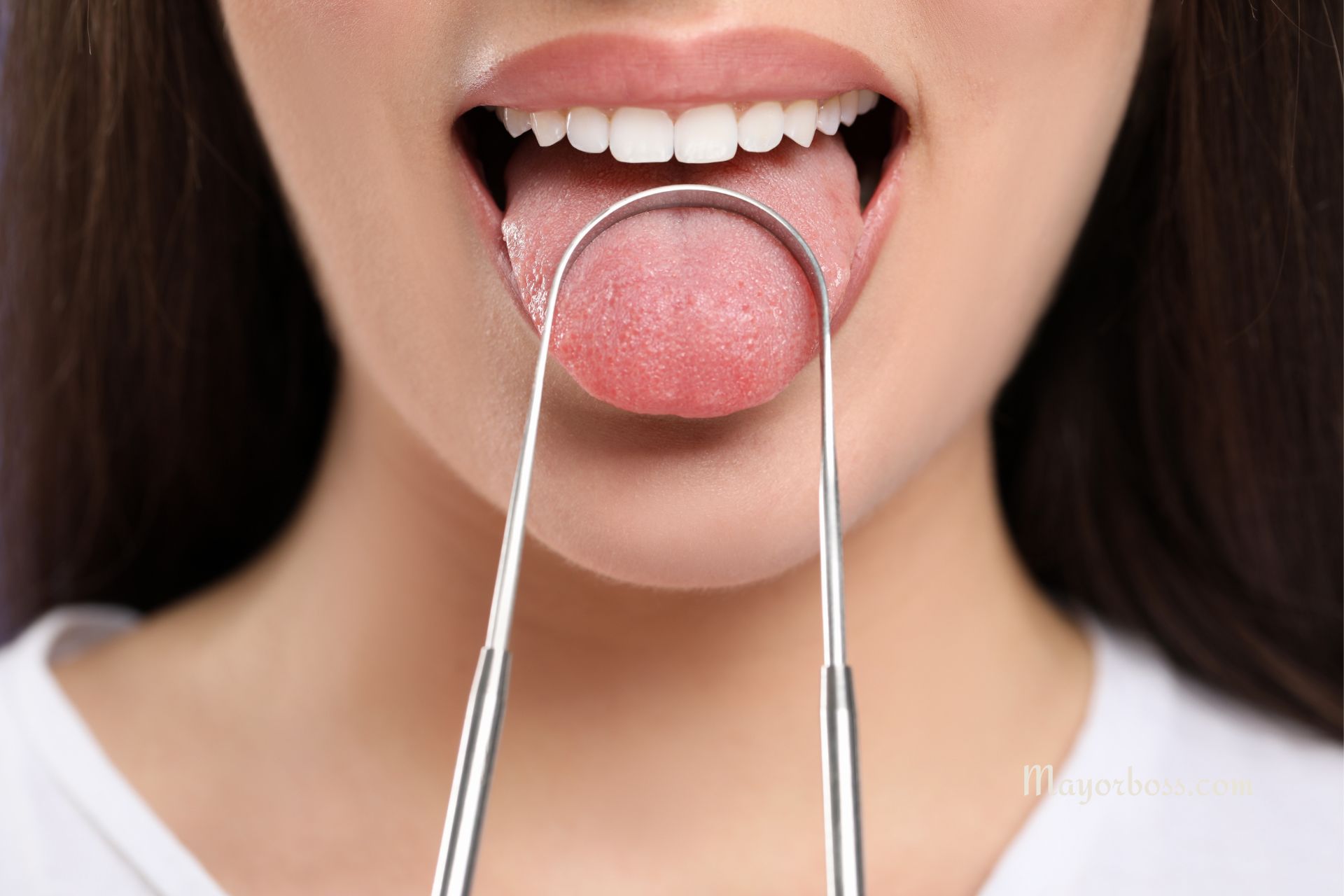Silent Signs You’re Eating Too Much Salt – Don’t Ignore These Warning Signals!
Salt, or sodium chloride, is essential for our bodies. It helps maintain fluid balance, supports nerve function, and contributes to muscle contraction. However, like most things in life, too much of a good thing can quickly turn into a bad thing. Consuming excessive amounts of salt can lead to a myriad of health problems, some of which can be life-threatening if left unchecked. But how do you know if you’re overdoing it with the salt shaker? Keep reading to find out warning signs that indicate you might be consuming too much salt and why you should take them seriously.

If You Feel Bloated Often, It Could Be Due to Excessive Salt Intake
Ever felt like your belly is a balloon ready to pop, especially after a meal? That uncomfortable bloating could be more than just a full stomach—it might be a sign that you’re consuming too much salt. Salt causes your body to retain water to maintain balance, and this extra water often shows up as bloating. If you notice that bloating is a regular post-meal experience, it’s time to take a closer look at your salt intake.
You Shouldn’t Ignore Frequent Headaches as They Might Be Linked to High Salt Consumption
Headaches are tricky. They can be caused by stress, dehydration, and various other factors, but did you know that too much salt might be another culprit? Research shows that high sodium levels can trigger headaches, likely due to changes in blood pressure. Consequently, if you’re reaching for painkillers more often than usual, it’s worth considering how much salt you’re consuming daily.

If Your Blood Pressure Is High, Excess Salt Could Be to Blame
High blood pressure, or hypertension, is one of the most well-known consequences of eating too much salt. The National Institutes of Health suggests that reducing your salt intake can significantly lower your blood pressure. Salt increases the amount of sodium in your bloodstream, making it harder for your kidneys to remove water. This extra fluid results in higher blood pressure, which strains your heart, arteries, and kidneys. If your doctor has flagged your blood pressure as high, cutting back on salt should be a priority.
You May Experience Excessive Thirst, Which Is a Sign of Too Much Sodium
If you find yourself constantly reaching for water, it might not just be a hot day or a sweaty workout causing that thirst. Consuming too much salt can lead to dehydration, making you feel excessively thirsty. Your body’s natural response to the increased sodium is to crave more fluids to balance things out. This thirst might be accompanied by a dry mouth or even a feeling of dizziness, especially if dehydration sets in.
Pay Attention If Your Urine Is Often Dark Yellow as It Might Indicate Overconsumption of Salt
Your urine can be a surprisingly good indicator of your body’s internal state. If it’s dark yellow, it could mean you’re not drinking enough water, which might be due to too much salt in your diet. As mentioned earlier, excess salt makes your body retain water, which can lead to less frequent urination and more concentrated urine. This darker urine is a sign that your kidneys are working overtime to process the sodium and maintain balance.
You Should Be Concerned About Swelling in Your Body, as It Can Result From Excessive Salt Intake
Swelling, particularly in the hands, feet, and ankles, is another telltale sign of excessive salt intake. This condition, medically referred to as edema, occurs when excess fluid gets trapped in your body’s tissues. While mild swelling might just be an annoyance, persistent or severe swelling can indicate more serious issues, such as heart or kidney problems. If you’re noticing swelling that doesn’t seem to go away, it’s time to cut back on the salt and consult your doctor.
If You Have Trouble Sleeping, Salt Might Be the Hidden Culprit
Good sleep is crucial for overall health, and if you’re having trouble getting those essential hours of rest, your diet might be to blame. High salt intake can lead to restlessness and frequent waking during the night, often due to dehydration or the need to urinate more frequently. Additionally, salt-induced high blood pressure can make it harder for your body to relax and fall asleep. If you’re tossing and turning at night, consider whether cutting back on salty foods could help you get better sleep.
You Should Watch Out for Cravings for Salty Foods as It Could Indicate Salt Addiction
Craving salty foods might seem like just a preference, but it could be a sign that you’re already consuming too much salt. The more you eat, the more your body gets used to it, and the more you crave it. This cycle can lead to overconsumption and its associated health risks. Consequently, if you find yourself constantly reaching for chips, pretzels, or other salty snacks, it might be time to wean yourself off and opt for healthier alternatives.
If Your Body Retains Water, It Might Be a Response to High Salt Levels
Water retention, also known as fluid retention, is when your body holds onto excess fluid, often due to high sodium levels. This can make you feel puffy and uncomfortable, and it’s not just about aesthetics—water retention can signal that your body is struggling to deal with excess salt. If you notice sudden weight gain or swelling, especially after eating salty foods, it’s a sign that your body is retaining water to dilute the high sodium levels.
You Might Notice Changes in Your Taste Buds Due to Excessive Salt Consumption
If foods are starting to taste bland unless they’re heavily salted, it’s a sign your taste buds are getting too used to high salt levels. Over time, this can create a cycle where you need more and more salt to satisfy your taste buds, further increasing your salt intake. This isn’t just a matter of preference—it’s a health risk. Reducing your salt intake gradually can help reset your taste buds, allowing you to enjoy the natural flavors of food again.
Conclusion
Salt is essential for our health, but like anything, balance is key. Eating too much salt can lead to a range of health issues, from annoying symptoms like bloating and headaches to serious conditions like high blood pressure and water retention. If you spot any of these warning signs, it’s time to take action. Reducing your salt intake doesn’t mean giving up flavor; it means giving your body the chance to function optimally. Consider reaching out to your doctor or a nutritionist to help guide you toward a healthier, balanced diet.






